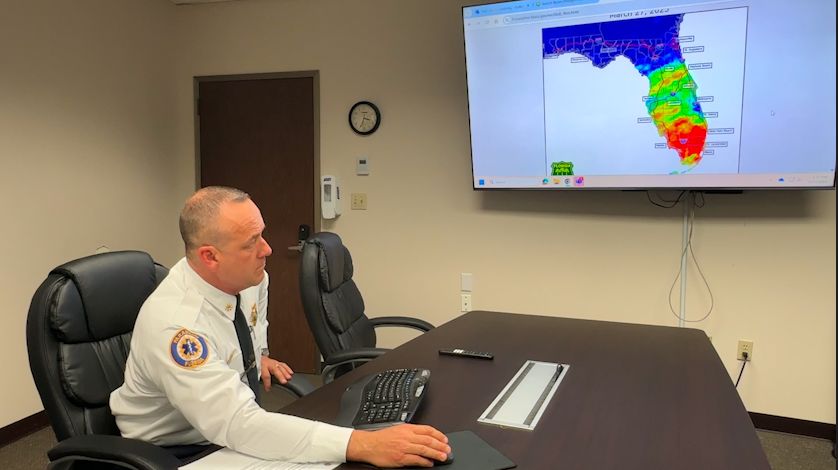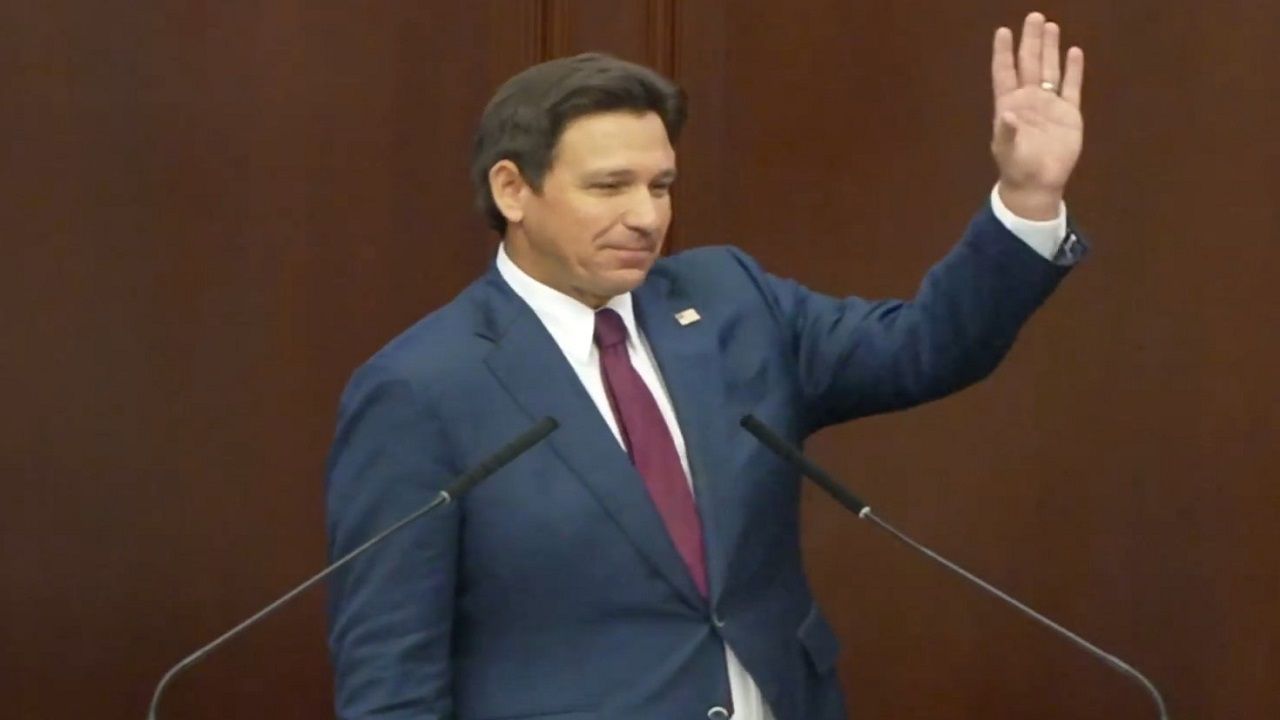FLORIDA — Scientists estimate over 12 million tons of plastic wash into the world’s oceans each year, with pieces of it found in the deepest areas ever explored, and even embedded in remote arctic ice.
Much of it, known as microplastics, can’t even be seen with the naked eye. But the invisible threat to marine life is there and it could affect everyone.
What You Need To Know
- Microplastics occur when plastic waste begins to break down in the water
- Florida has a law in place that bans any potential ban of single-use plastics
- A measure to change the law was submitted this past legislative session, but died in committee
Microplastics are tiny particles of plastic that measure less than 5 millimeters in size, and result from plastic waste breaking down into smaller pieces.
While the research on the effects of microplastics is still emerging, the National Oceanic and Atmospheric Administration reports they could potentially harm not only marine ecosystems but also human health.
Shannon Gowans, a professor of marine biology at Eckerd College, helps monitor and research microplastics in waterways around the Tampa Bay Region.
“We can’t remove them once they’re there and in these small sizes, what we need is to stop them from getting in the bay,” she told Spectrum News.
So far, the results of those efforts have been mixed.
According to the National Conference of State Legislatures, 10 states have enacted statewide bans on single-use plastic bags — 11 if you count Hawaii, which has banned plastic bags outright.
However, the NCSL counts 17 states that have preemptive laws on the books that are designed to stop even local municipalities from enacting similar bans.
That includes Florida, the very first state to do so back in 2008. The law essentially banned bans on plastic bags and eventually polystyrene materials like Styrofoam containers.
Since then, attempts to change the law have been unsuccessful, including this past legislative session, when bills filed in both the Florida Senate and House died in committees.
Sen. Linda Stewart, who represents much of Orange County, is behind one of the bills and calls its death a disappointment.
“Local governments should have the ability to make decisions on their own,” she said.
There was a smaller-scale win for conservationists back in 2019, though, when Republican Gov. Ron DeSantis went against the GOP-run state Legislature and vetoed a bill to stop local governments from regulating yet another popular plastic, single-use straws.
The decision allowed cities like St. Petersburg to move forward with ordinances to ban them, forcing restaurants to use alternatives like paper instead. St. Petersburg City Councilwoman Gina Driscoll led the effort and said at first it was a challenge. But now, more than two years later, she said the move helped create a culture of sustainability.
“What we started with a simple straw is leading to a bigger conversation,” she said. “And more of a reflection on what part each person can play in environmental stewardship.”
According to a report released by the Department of Environmental Protection, it seems that people really do care. Of the Floridians surveyed by the department, 93% believe regulating plastic bags and containers is necessary, and most local governments would like to do so.
The only problem is, their hands are tied.
“We’re not allowed to make local decisions about what’s right for the environment,” Driscoll said. “And really, what’s best for our planet.”








history_museum)
